Thursday 6 December 2018
RESEARCH AUSTRALIA WELCOMES FRONTIER FUNDING OPEN FOR  APPLICATION
APPLICATION
Research Australia has enthusiastically welcomed the announcement by the Minister for Health, Hon Greg Hunt MP, that the Frontier Health and Medical Research Program is now open and taking applications.
This morning at the University of Canberra, Minister Hunt officially launched the Frontier Health and Medical Research Program, which will give researchers significant funds for their innovative and transformational medical research.
The Government’s Frontier Health and Medical Research Program will invest $240 million over five years in cutting edge medical science which promises new treatments and technologies to improve health, and open new markets for industry growth. This includes fields such as space medicine, artificial intelligence, robotics and microbiomics.
Research Australia CEO and Managing Director, Nadia Levin, said, “There is incredible frontier research underway in Australia today which will transform the way future generations manage their health.
“Research Australia first called for a funding boost to these disciplines because we understood the potential which already exists in Australia to become a world leader in frontier disciplines.
“We absolutely welcome today’s announcement. It’s wonderful to see the Government and the Australian Medical Research Advisory Board have taken on board the views of the health and medical research sector in developing a program for investing in frontier medical innovation.”
Funded from the Medical Research Future Fund, this Australian-first program was developed in consultation with Research Australia on behalf of the health and medical research community, and consists of a two-tiered process.
In the first stage, up to ten successful applicants will receive funding of up to $1 million each over one year to develop planning for their revolutionary research projects.
In the second stage, a number of research plans developed under stage one will be chosen to receive a further funding boost to progress their ideas into new technological advances or approaches to transform the future of healthcare.
“This is new and bold health and medical research funding which takes an economies-of-scale investment approach. Importantly, it positions Australia as a valuable contender in the global health space which means more opportunities for us all,” Ms Levin said.
To apply visit: www.business.gov.au/fhmr
Media contact: Lucy Clynes, Research Australia, 0404 068 912
To view the media release, please click here

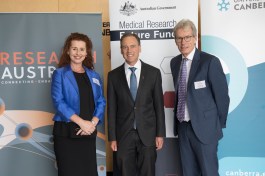


 APPLICATION
APPLICATION



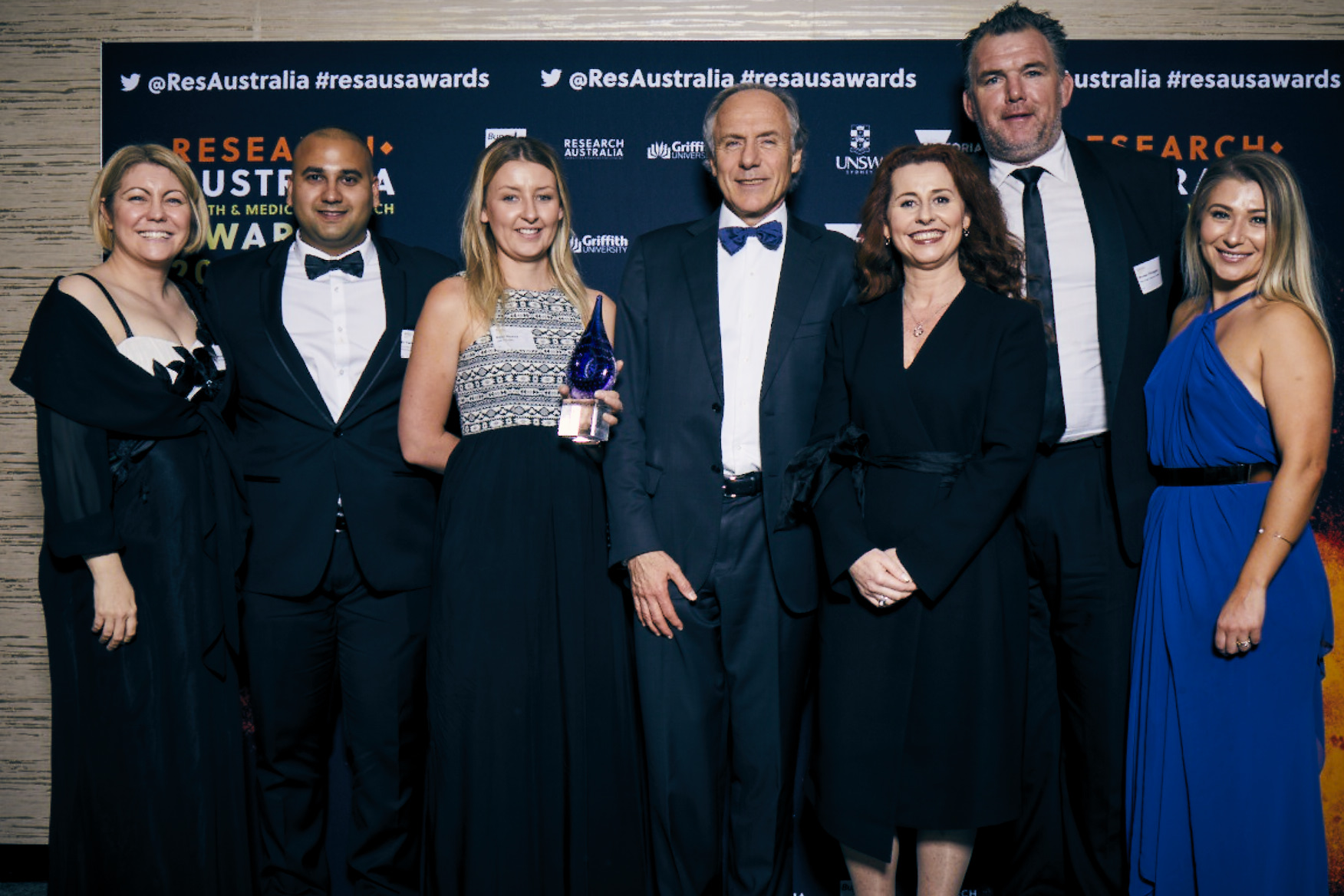
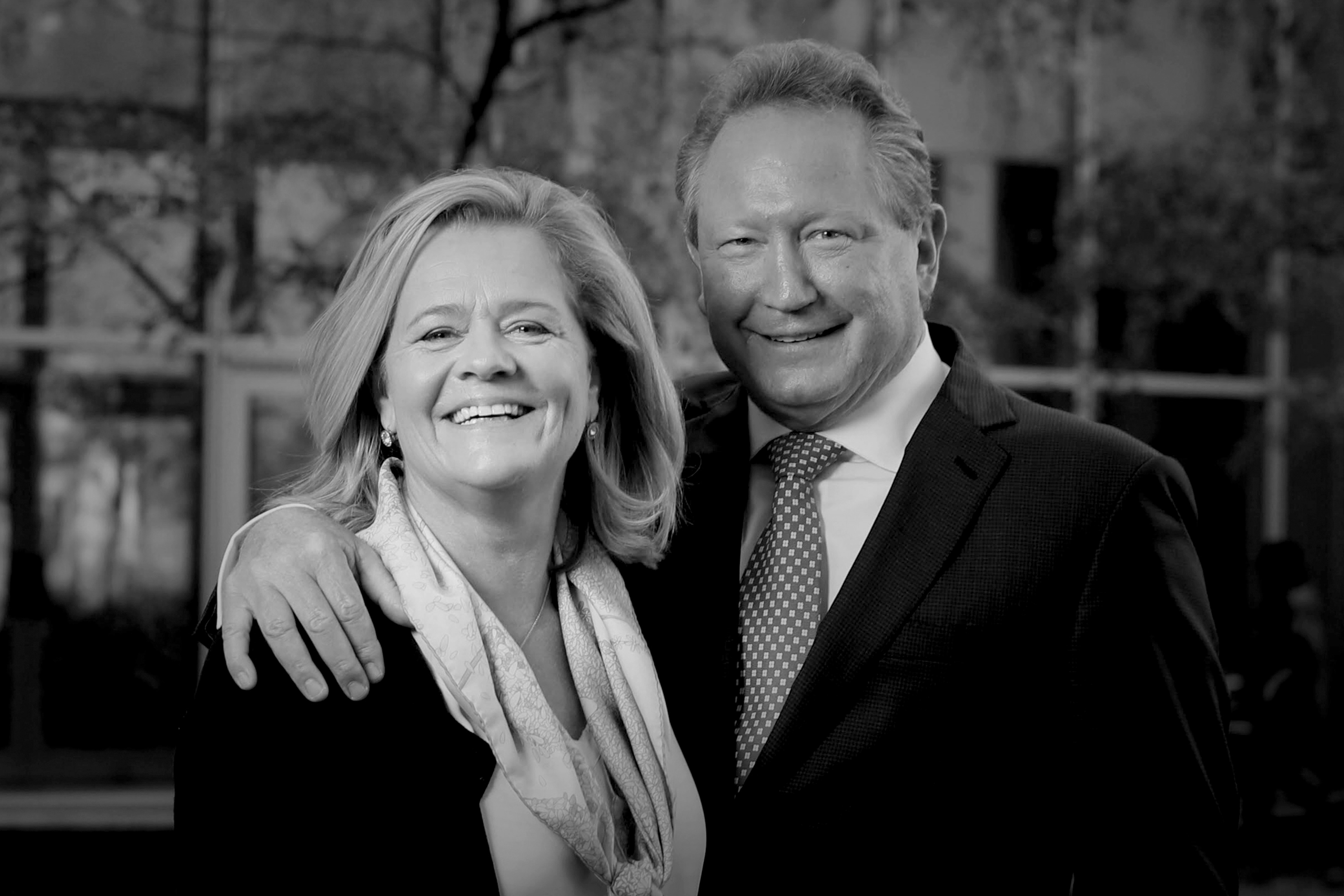
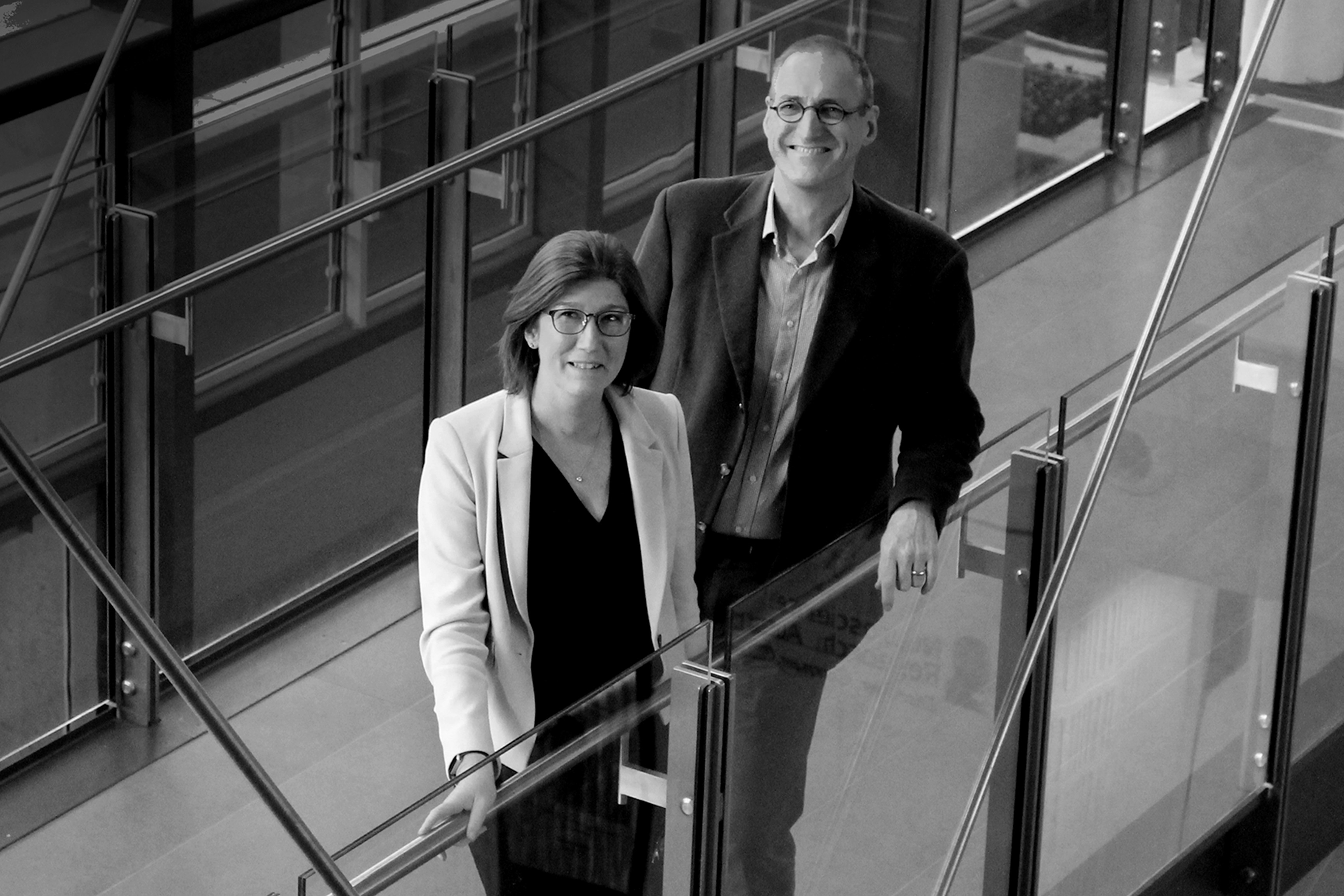
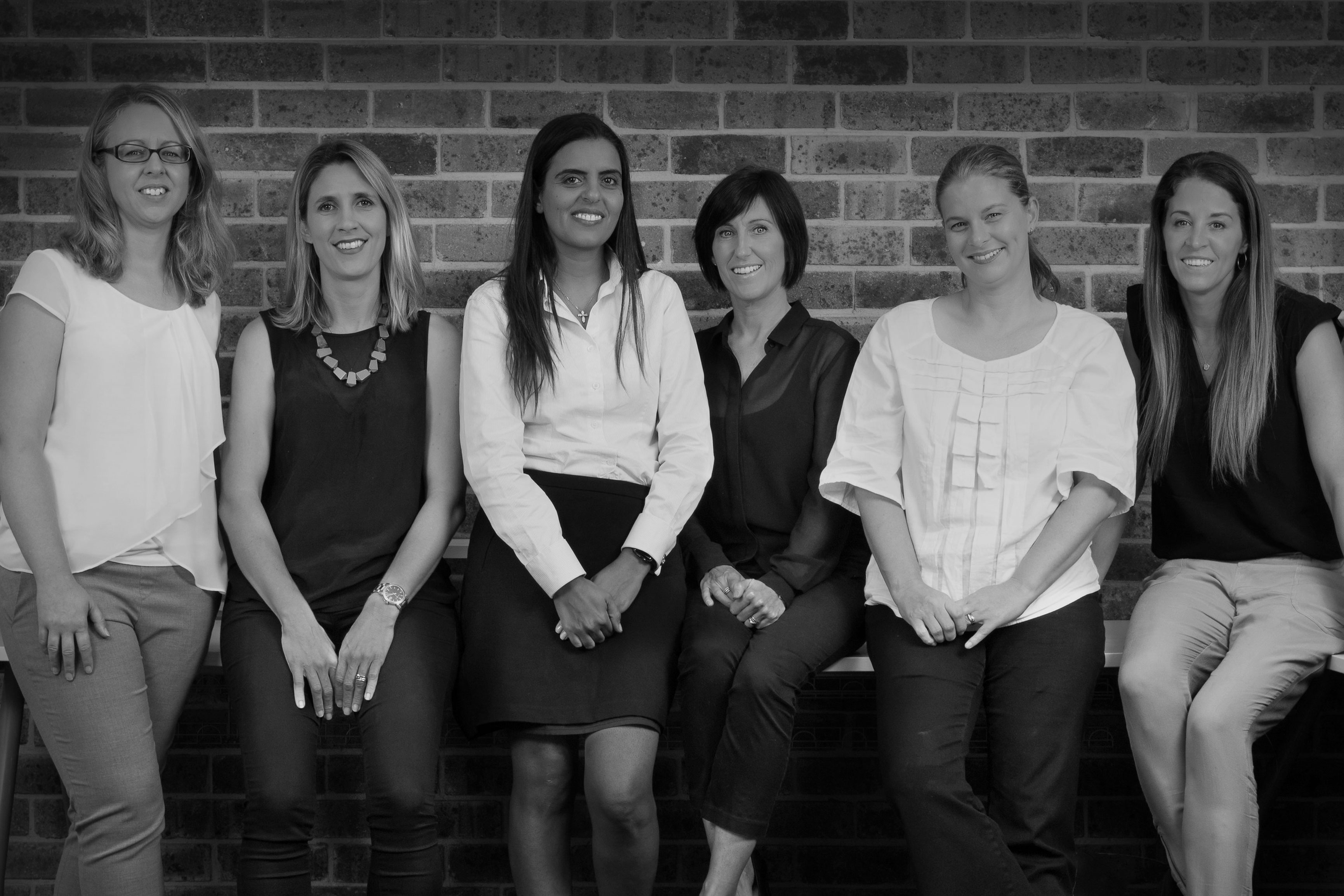
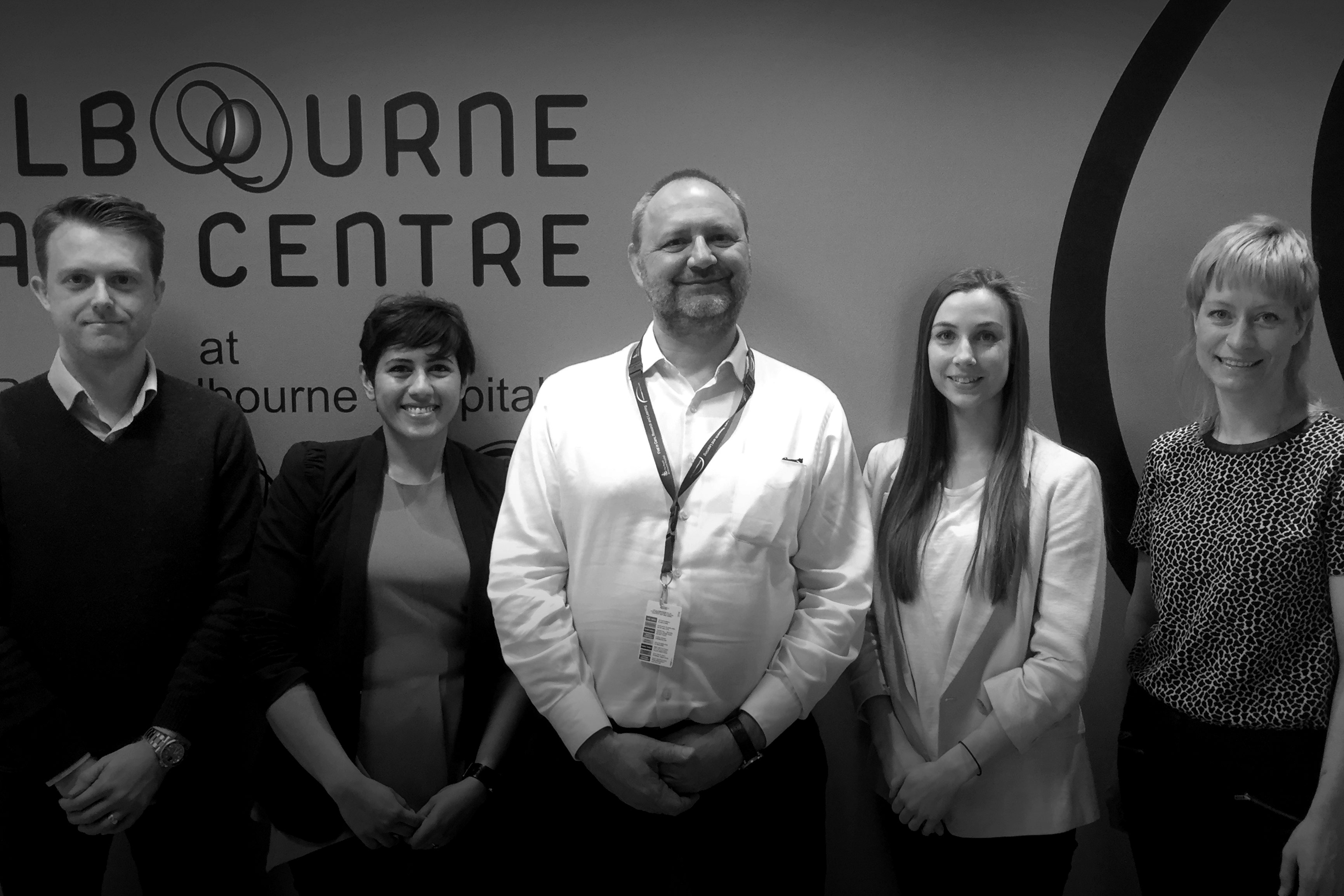
You must be logged in to post a comment.